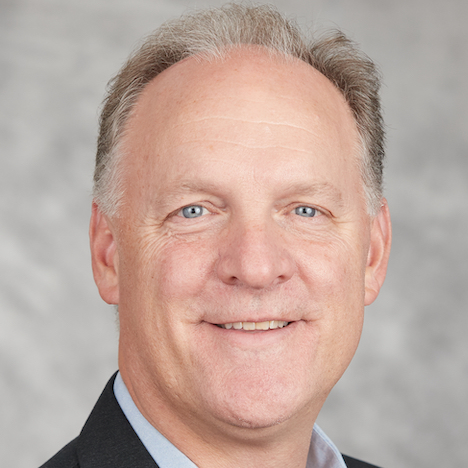3 minutes
Three strategies your credit union can apply.
Content provided by CUNA Mutual Group through CUESolutions
Credit unions seeking to hire the best millennials should benefit from these young people’s attitudes about joining socially responsible employers. Three things will help you do so: more impactful charitable donations, a strong volunteer program and effective use of social media.
Three-quarters of millennials would take a pay cut to work for a socially responsible employer, and slightly more said they consider an employer’s social and environmental commitments when deciding where to work, according to a 2016 study sponsored by Cone Communications.
These three strategies should resonate with millennials:
- Give enough to get real results. Small donations are important for community-based organizations. But consider also making at least one substantial gift, perhaps every two to five years, which will make a highly visible impact on an area of serious need.
A tool credit unions can now use to fund donations is a charitable donation account. In 2013, the National Credit Union Administration opened the door for federal credit unions to contribute to CDAs that use investments previously impermissible under part 703. Many state-chartered credit unions can also use these CDAs.
Via professionally managed investment portfolios, CDAs can potentially earn significantly more than traditional credit union investments.
Also, credit unions can retain up to 49 percent of a CDA’s earnings to improve their bottom line, as long as at least 51 percent of the investment returns are paid to qualified 501(c)(3) charities at least every five years.
- Organize a range of volunteer activities. The Cone research shows that millennials value volunteer programs at work more than the average U.S. employee. The two volunteer activities rated by the highest percentage of millennials as very or somewhat important were:
- 83 percent (vs. U.S. average of 67 percent): corporate-led activities at different times throughout the year (e.g., designated volunteer activities suggested by employers)
- 81 percent (U.S. average 67 percent): company-wide days of service (e.g., when all employees participate in a volunteer activity together on a certain day).
- Let millennials help build your community service brand through social media. “Millennials view social media as a place to curate and share content that reflects their values—and this generation is enthusiastic about showing how their work is making an impact in the world. Companies that arm employees with the tools to make social media sharing as turn-key as possible will create authentic ambassadors for their CSR [corporate social responsibility] efforts and build the brand from the inside out,” notes Alison DaSilva, EVP, CSR Research & Insights, Cone Communications.
According to the Cone survey, millennials are far more likely than the average U.S. employee to learn and share details about the social impact of their employer’s charitable donations and volunteer efforts through social media. The employees surveyed said:- They want to learn about their company’s employee volunteer engagement efforts on its social media platforms, e.g., company Facebook page (U.S. average 55 percent; millennials 79 percent).
- They want to share their own photos, videos, or experiences on their personal social media platforms (U.S. average 52 percent; millennials 76 percent).
- They would use designated company hashtags to share their own photos, videos, or experiences (U.S. average 48 percent; millennials 75 percent).
The credit union culture is already steeped in community service. But often, it’s a low-key approach to charitable contributions, volunteerism and other outreach programs. Perhaps it’s time to take a cue from millennials who want to get involved to make very visible results, and make sure as many people as possible know about it.
Andy Roquet is an executive benefits specialist for CUESolutions provider CUNA Mutual Group, Madison, Wis. For more information about setting up a charitable donation account, contact him at andy.roquet@cunamutual.com. For more information about becoming a CUESolutions provider, please email kari@cues.org.






